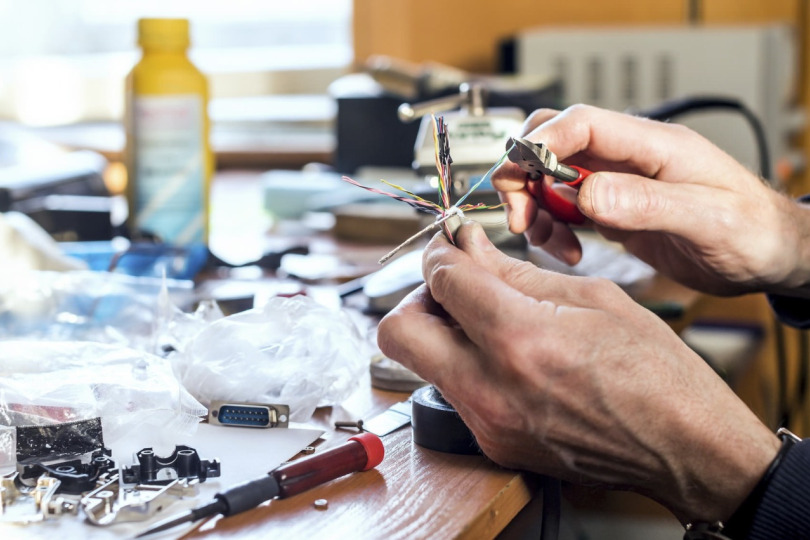The Architect of Economics of Knowledge
Leonid Gokhberg, HSE First Vice-Rector and ISSEK Director, turned 55. Our heartfelt congratulations!
HSE Experts Measured Russians' Trust to Science and Technology
Results of science and technology development play a major role in people's everyday lives. Statistical measurement is more often focused on economic effects of R&D expenditures, but measuring social impact of science and technology development, and its perception by the population, is no less important. Many countries conduct such studies, including Russia. Data collected in the course of the Monitoring of Innovative Behaviour of the Population conducted by HSE ISSEK since 2009 allows to see how the Russians’ aggregate trust to science was changing over the years.
Ever Fewer Russians View Science as Entirely Positive
This is the conclusion reached by researchers from the HSE’s Institute for Statistical Studies and Economics of Knowledge (ISSEK), based on a survey of people aiming to establish the level of trust members of the general public have in science and technology.

What Employers Expect from Graduates
Personal qualities and experience are graduates' key assets in applying for their first job, followed by technical knowledge and skills deemed far less important by Russian employers, according to HSE researchers.
Russia's Ranking in Global Innovation Index
Russia is 43rd in the Global Innovation Index (GII) 2016, up five positions from its 2015 ranking. Just as last year, Switzerland, Sweden, U.K., U.S. and Finland remain the top-ranking countries in the GII. These are the findings from the GII 2016 report comparing the performance of national innovation systems in 128 economies.
Reasons Why Urban Russians Don't Move to Countryside
The wide popularity of ecovillages in Russia is little more than a myth. Most urban Russians who have considered living in the countryside have a dacha or cottage community in mind, rather than real farm and agricultural work.

Russian User-Innovators: What and Why
Many Russians practice user innovation by developing their own inventions for use in everyday life, recreation, sports, etc. According to a study by Fursov and Turner conducted as part of the HSE ISSEK Monitoring Survey of Innovative Behaviour of the Population, the estimated share of user-innovators in Russia may be as much as 10%, which is substantially higher than in many other countries.
